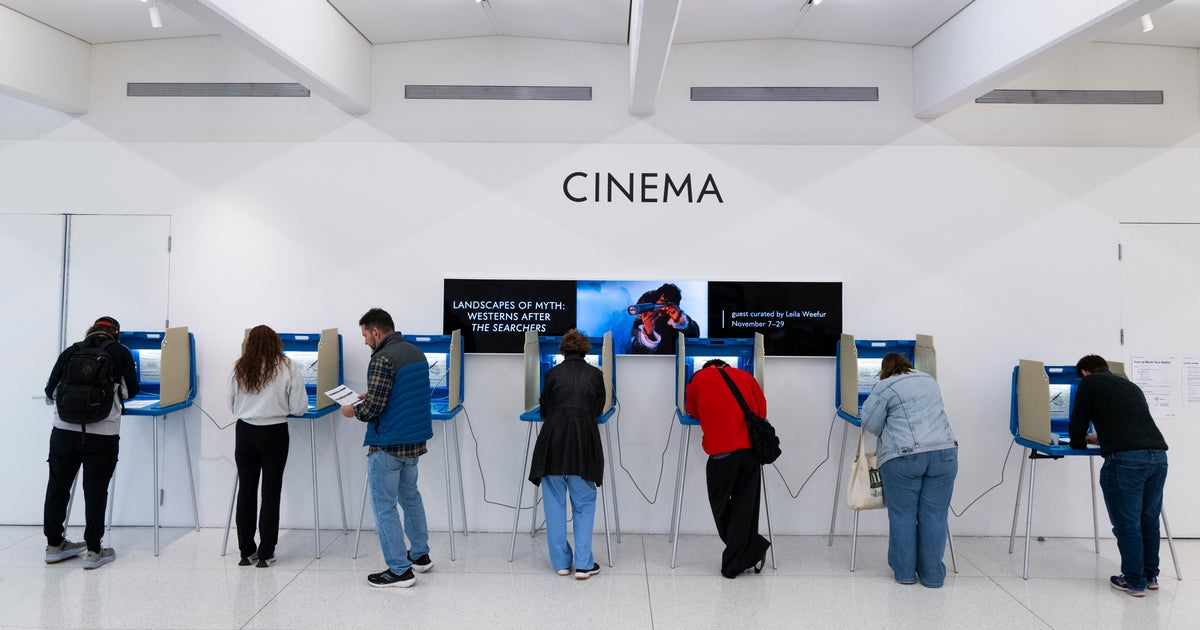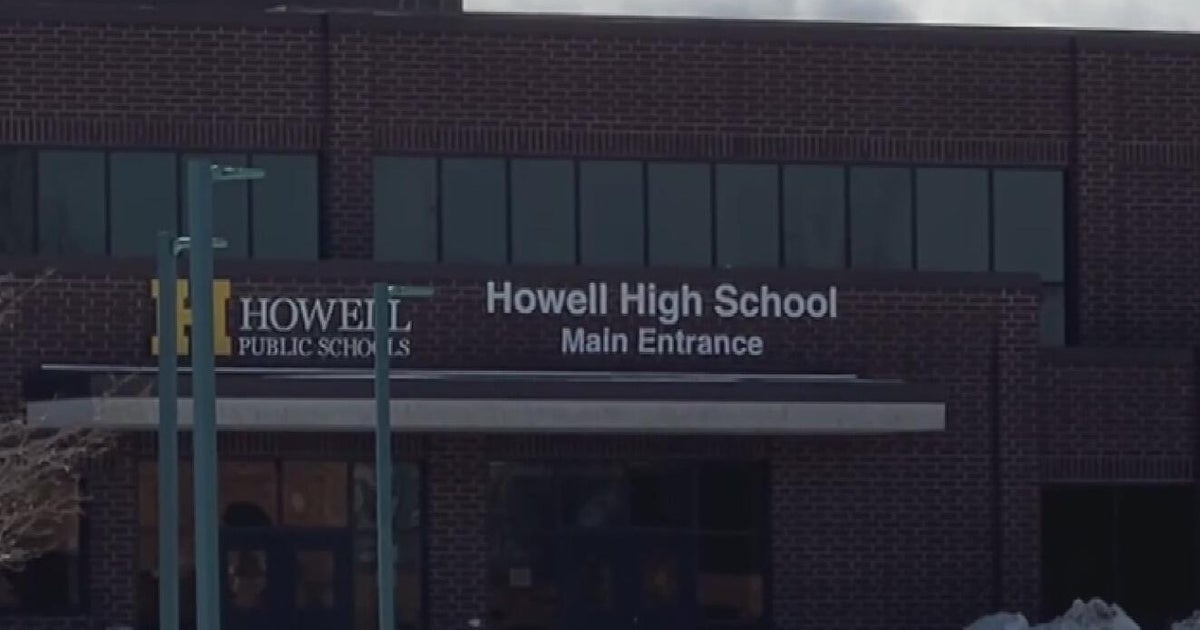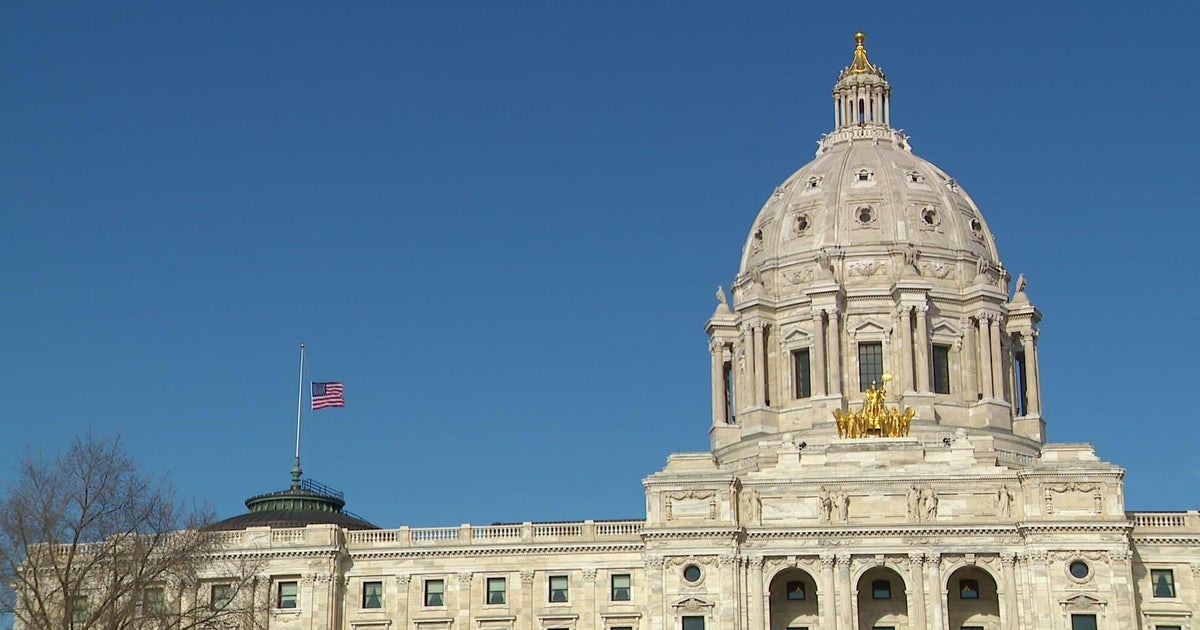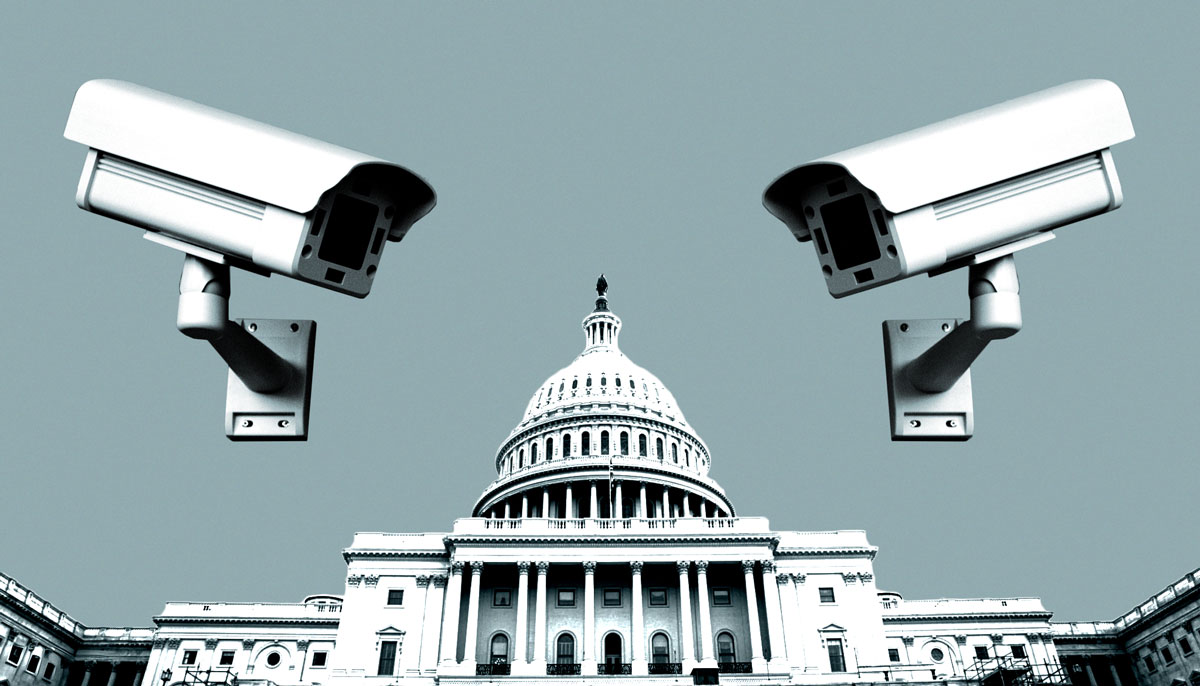White House leaves vaccine "passports" to private sector
As more and more countries like Japan, China and Denmark plan to introduce vaccine "passports" for their citizens, Americans are beginning to wonder if they, too, will have to show some sort of proof of vaccination or similar ID to travel, attend events, work or generally participate in society.
There aren't many answers to this in the U.S., although the U.S. has vaccinated more people than any nation in the world. But the Biden administration is making one thing clear — the federal government won't be the one issuing a vaccine credential, or storing citizens' vaccination information in a database.
"This is going to hit all parts of society, and so naturally, the government is involved," Andy Slavitt, acting director for the Centers for Medicare and Medicaid Services, said during a White House COVID-19 briefing Monday. "But unlike other parts of the world, the government here is not viewing its role as the place to create a passport, nor a place to hold the data of — of citizens. We view this as something that the private sector is doing and will do. What's important to us, and we're leading an interagency process right now to go through these details, are that some important criteria be met with these credentials."
Should private entities develop a vaccine ID system, it will be crucial to ensure that access to credentials is equitable and accessible, no matter what technology limitations a person faces at home, said Slavitt and White House press secretary Jen Psaki, adding that it should also be private and secure. Psaki said the Biden administration is mostly focused on creating guidelines that can be used as a basis for private sector endeavors.
"We expect, as Andy Slavitt I think alluded to, that a determination or development of a vaccine passport or whatever you want to call it will be driven by the private sector," Psaki said. "Ours will more be focused on guidelines that can be used as a basis. There are a couple key principles that we are working from: one is that there will be no centralized, universal federal vaccinations database and no federal mandate requiring everyone to obtain a single vaccination credential; second, we want to encourage an open marketplace with a variety of private sector companies and nonprofit coalitions developing solutions; and third, we want to drive the market toward meeting public interest goals."
Psaki offered no timeline for when the administration might issue such guidelines.
But President Biden in January did sign an executive order directing federal agencies to see how feasible it would be to connect COVID-19 vaccines to vaccine cards.
"Consistent with applicable law, the Secretary of State, the Secretary of HHS, and the Secretary of Homeland Security (including through the Administrator of the TSA), in coordination with any relevant international organizations, shall assess the feasibility of linking COVID-19 vaccination to International Certificates of Vaccination or Prophylaxis (ICVP) and producing electronic versions of ICVPs," the executive order reads in the Federal Register.
Mr. Biden announced on Monday that 90% of American adults will be eligible for a vaccine by April 19, and that 90% of Americans will live within five miles of a vaccination site by that same date. Still, he and Centers for Disease Control Director Rochelle Walensky warned Americans not to grow complacent.
"We're in the life-and-death race for the virus that is spreading quickly. With cases rising again, new variants are spreading and, sadly, some of the reckless behavior we've seen on television over the past few weeks means that more new cases are to come in the weeks ahead," the president said in brief remarks from the White House.
Walensky's warning was more dire, as cases begin to rise, despite vaccination efforts.
"I'm going to pause here, I'm going to lose the script and I'm going to reflect on the recurring feeling I have of impending doom," Walensky said, appearing to grow emotional. "We have so much to look forward to. So much promise and potential of where we are and so much reason for hope. But right now I'm scared."



